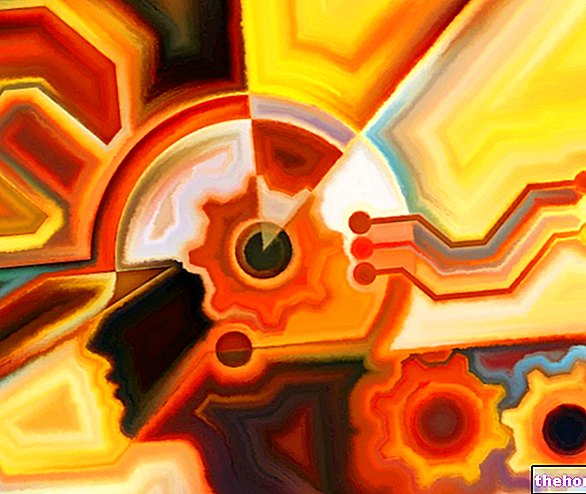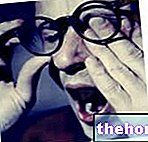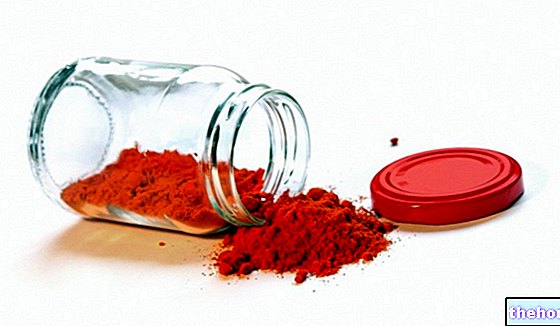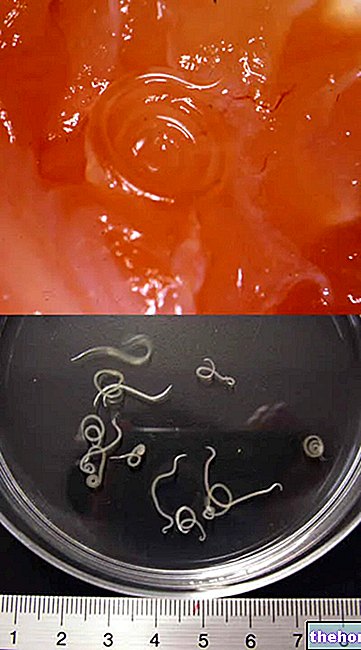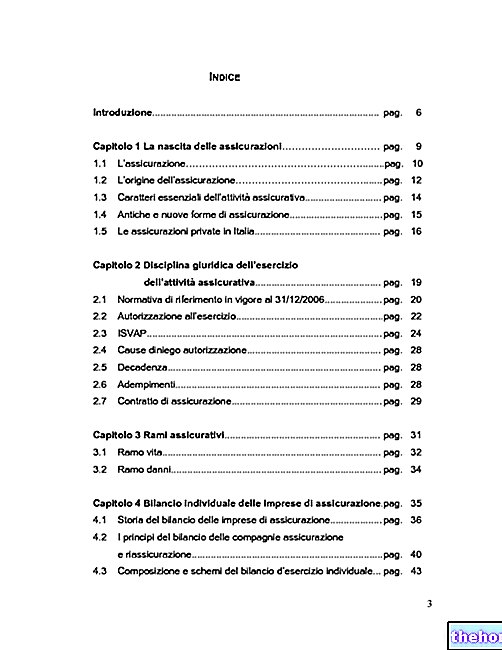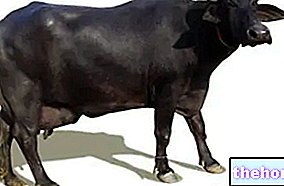
Physiological Anxiety or Pathological Anxiety?
Normal anxiety - physiological or alarm - it is a state of psychological and physical tension which implies a "generalized activation of all the resources of the individual, thus allowing the" implementation of initiatives and behaviors useful for adaptation. It is directed against a really existing stimulus, often well known, represented by difficult and unusual conditions.
Anxiety, on the other hand, is pathological when it disturbs psychic functioning to a greater or lesser extent, causing a limitation of the individual's ability to adapt. It is characterized by a state of uncertainty about the future, with the prevalence of unpleasant feelings.
Sometimes, pathological anxiety is vague, that is, without a precise recognizable cause, or it can concern specific objects and events; it refers to an imminent future, or to the possibility of more or less distant events. It can accompany other psychological and psychiatric problems, as well as the unresolved conflicts of the person who is affected by it; it has such an "intensity as to cause unbearable suffering; it determines defense behaviors that limit existence, such as the avoidance of situations deemed potentially dangerous or of control through the implementation of various types of rituals.
Pathological anxiety, in addition to being a disorder in its own right, can also be found in various psychiatric diseases, such as: schizophrenia, depression and mania, personality, sexual and adaptation disorders.
human, the onset of anxiety may be related to alterations in the quantity of some neurotransmitters, such as an excessive production of noradrenaline, a reduced availability of serotonin (which regulates well-being) and of GABA (an inhibitory neurotransmitter among the most important to our body).
The general symptoms of anxiety can be represented by:
- Sense of fear and imminent danger;
- Fear of dying
- Fear of losing control
- Fear of going crazy
- Avoidance;
- Subjective internal tension;
- Inability to relax
- Apprehension;
- Hypervigilance;
- Restlessness.
The psychological symptoms of anxiety, on the other hand, can be:
- Excessive worries about secondary issues;
- Irritability and impatience;
- Difficulty concentrating and poor attention
- Depersonalization;
- Derealization;
- Memory disturbances;
- Sleep disorders.
The autonomic symptoms can be represented by:
- Difficulty in breathing;
- Sense of chest tightness;
- Air hunger (dyspnoea);
- Fast breathing;
- Chest pain;
- Feeling light-headed;
- Dizziness;
- Feeling of instability and lack of balance;
- Imminent fainting
- Tingling in different parts of the body
- Hot or cold flashes
- Feeling of suffocation;
- Difficulty swallowing
- Feeling of "lump in the throat";
- Dry mouth
- Rapid or irregular heartbeat;
- Excessive sweating
- Sense of weakness and fatigue;
- Muscle tension;
- Tremors
- Frequent urination;
- Diarrhea.
In any case, it should be noted that the symptoms that occur in the presence of anxiety can vary from one individual to another, both in terms of type of symptoms and in terms of intensity with which they arise.
For further information: Anxiety Symptoms ;Other Anxiety Disorders
Within the DSM-5 separate chapters have been dedicated to the following anxiety disorders:
- Obsessive Compulsive Disorder and Related;
- Disorders related to traumatic and stressful events.
Generally speaking, anxiety can be treated with psychotherapy, drug therapy, or a combination of the two.
In-depth articles on the treatment of Anxiety
- Cognitive Behavioral Psychotherapy: what is it for?
- Anxiolytics - Anxiolytic Drugs
- Medicines for the treatment of anxiety
- Remedies Against Anxiety
- Supplements Against Anxiety
- Anxious Syndrome: Natural Remedies

